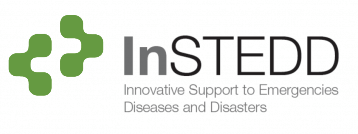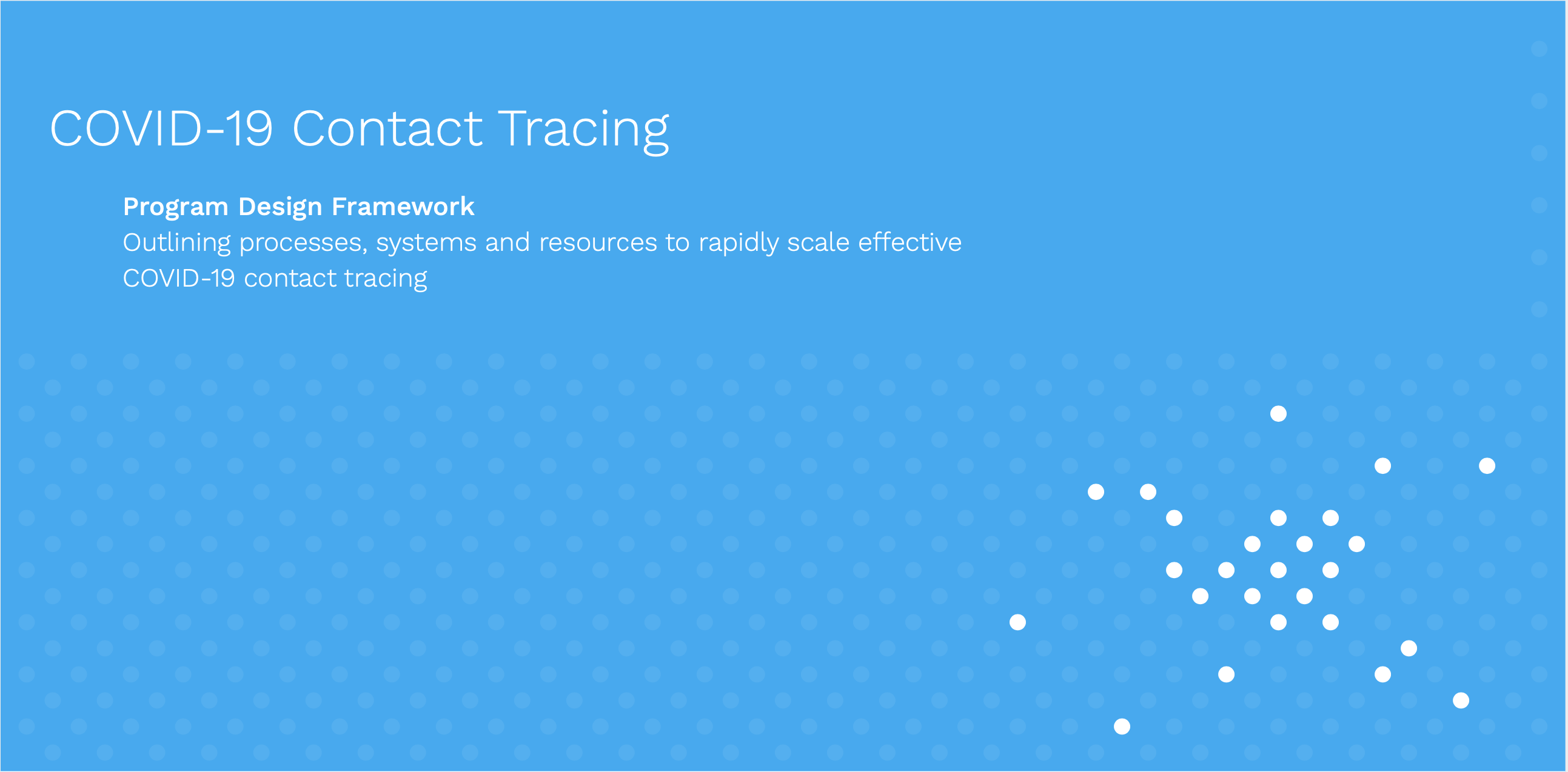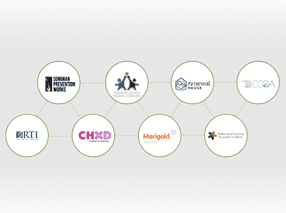In a nation of about 15 million people, Cambodia has over 19 million mobile phone subscribers. In addition, there are only about 3.8 million Internet users. A 2014 report published by the United Nation Development Program (UNDP) says that “Mobile phone access is near universal for young people… Almost all youth (96%) in Cambodia have access to mobile phone.” The nation’s largest population, young people, prefer to communicate via phone calls rather than text messaging. “They used their mobile phones mostly for making and receiving calls (98%), listening to the radio (43%), and sending and receiving messages (32%),” adds the UNDP report.
Mobile technologies are the key to help improve people’s quality of life. Unfortunately, programs delivering critical information via mobile texts to citizens were unavailable in the local language, Khmer. Many used and new phones that the Cambodians used did not have the ability to type or show words in the Khmer script language, making needed information unreadable and unable to send via texts.
Since 2011, InSTEDD iLab Southeast Asia, a Phnom Penh-based innovation lab of InSTEDD (Innovative Support to Emergencies Diseases and Disasters), has helped a dozen of humanitarian and health organizations to leverage InSTEDD’s Verboice, an automated voice platform for hotlines, alerts, reminders, surveys, voice reports, or quizzes. These organizations’ target groups are very diverse: new mothers, garment factory workers, youth groups, and diabetic patients.
Verboice is an adaptable open-source platform that makes it easy for anyone, speaking any language, to create and run their own customized automated voice response systems for mobile phones. Highly customizable and scalable, Verboice allows users to adapt to suit their requirements. Verboice is basically a non-developer’s platform to create mobile applications for non-smartphone users.
In Cambodia, Verboice’s impact has been incredibly powerful as dozens of organizations are using the technology to provide critical information to thousands of citizens. For example:
- The International Labour Organisation (ILO) runs an interactive information hotline for factory workers
- Marie Stopes International Cambodia (MSIC) uses automated messages as part of its post-abortion counselling approach
- People In Need (PIN) uses automated messages to provide new parents with health advice as well as runs an early warning system, enabling Cambodian authorities to quickly inform citizens of upcoming disasters
- BBC Media Action provides the audience with an additional medium so that they can engage with the program’s content
What Are Cambodia’s NGOs Doing?
- The economic implications for patients traveling to a health center for follow-up and the sensitivities associated with contraception and abortion tend to discourage clients from seeking health advice. But this innovative intervention, relied on a pre-recorded voice message, sends out to MSIC’s patients every two weeks over the course of the four months following their abortion. “They might forget about their appointment because they’re busy with work, or there might be personal reasons. This kind of technology helps women access this information remotely,” said Dr Sann Channa, head gynaecological surgeon at Phnom Penh Municipal Referral Centre. Find out more here.
- The International Labor Organization’s Better Factory Cambodia (BFC) uses Verboice to quiz factory workers, so that they can learn about labor rights with mobile phones. This project has received more than 50,000 calls since it began in September 2013. In addition to quizzing, BFC is able to crowdsource information from workers by switching to rating questions, which can be easily designed on the user-friendly interface of Verboice’s platform. Read more here.
- Given the rapid and widespread uptake of mobile phones in Cambodia, including those in rural areas, People In Need (PIN) looks to Verboice as a way to conduct a targeted messaging campaign. In the 10 months since the start of this pilot, over 1,500 people registered for the newborn support service, and approximately 210 women continue to register every month (roughly 80 percent of all women giving birth at the participating health centers).
- The iLab Southeast Asia is a locally run innovation lab focused on the sustainable design and development of technologies for social good. To learn more about how the iLab SEA’s project partners harness this open source platform Verboice, you can check out these new case studies.
Dr. Chris Smith, who leads MSIC’s Mobile Technology for Improved Family Planning (MOTIF) initiative, once said “In a world where technology is quickly evolving, it is easy to forget that many people, particularly those most in-need living in rural areas, use simple phones with just their voice.”
Additional Links
- Informing The World’s Illiterate Through a Mobile Device
- Verboice: Listen and Respond to the Voice of Your Community
- Why We Built Verboice
This blog post was first appeared in ICTWorks, a premier resource for sharing and expanding knowledge on appropriate information and communication technologies (ICT) and the implementation processes that can make them sustainable in rural and underserved communities across the developing world (ICT4D).





